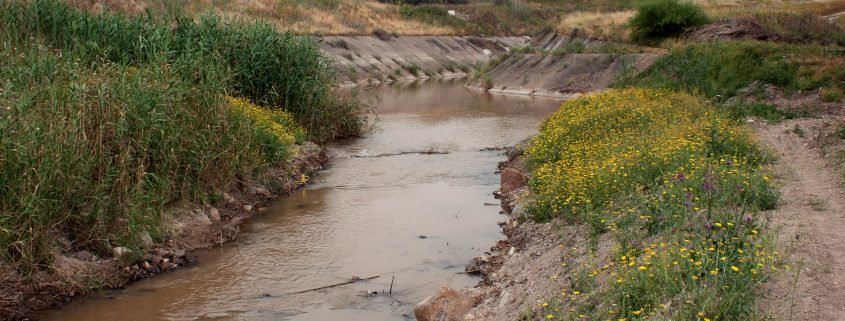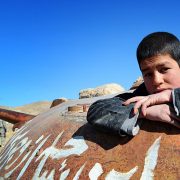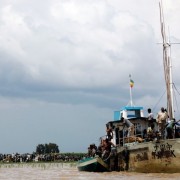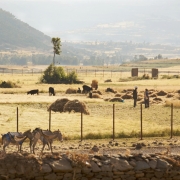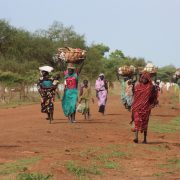Global HotSpots H2O: January 17, 2017
The Global Rundown
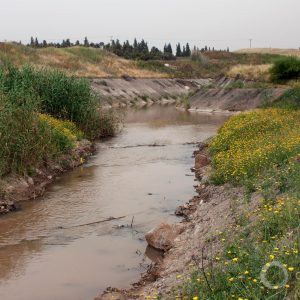
The Syrian government claims that a deal has been reached to restore water to Damascus. New research shows that rivers and reservoirs in both Syria and Jordan have been severely depleted by the six-year Syrian civil war. Ongoing water scarcity and inequality in Chile has led to conflict within indigenous groups, even as water exploitation in the country decreases. As tensions over the Indus Water Treaty continue, Pakistan is calling on the World Bank to reopen the arbitration process with India.
By The Numbers
4 million Number of people in Damascus who lack access to safe drinking water as a result of damage to a spring that serves 70 percent of the Syrian capital. Syrian officials say an agreement is in place to restore the spring, but rebel fighters have not yet confirmed this report. Reuters
57 Years that Pakistan and India have been bound by the Indus Waters Treaty, a 1960 agreement defining the right to use six rivers in a shared watershed. After months of recent tension, Pakistan claims the long-standing treaty can be saved only through arbitration. Free Press Journal
Science, Studies, and Reports
Satellite imagery revealed that Syria’s six-year civil war resulted in profound changes in the country’s water resources, according to a Stanford University study. Key agricultural reservoirs have shrunk in half, the flow of rivers has been altered, and rebel-controlled water sources continue to deteriorate. The water shortage has been felt both in Syria and neighboring Lebanon. Independent
On The Radar
A water rights system in place since 1981 has cut off some indigenous groups in Chile from their traditional use of rivers. Though the rights system benefitted certain indigenous communities and age groups more than others, which led to local and intergenerational conflict, reaffirming traditional uses of water remains a goal of Chile’s indigenous people. The Conversation
Kayla Ritter is a recent graduate of Michigan State University, where she studied International Relations and Teaching English to Speakers of Other Languages. She is currently based in Manton, Michigan. Kayla enjoys running, writing, and traveling. Contact Kayla Ritter

